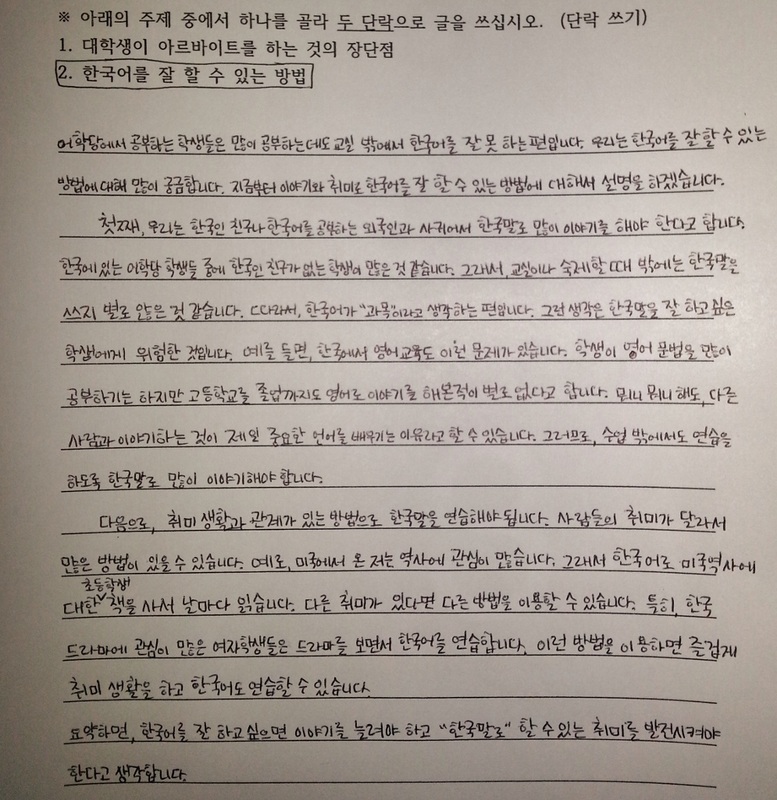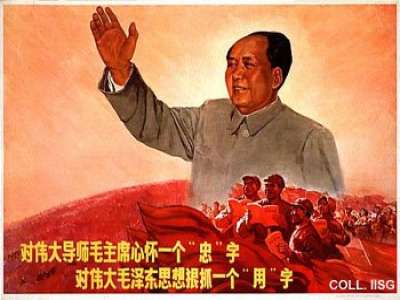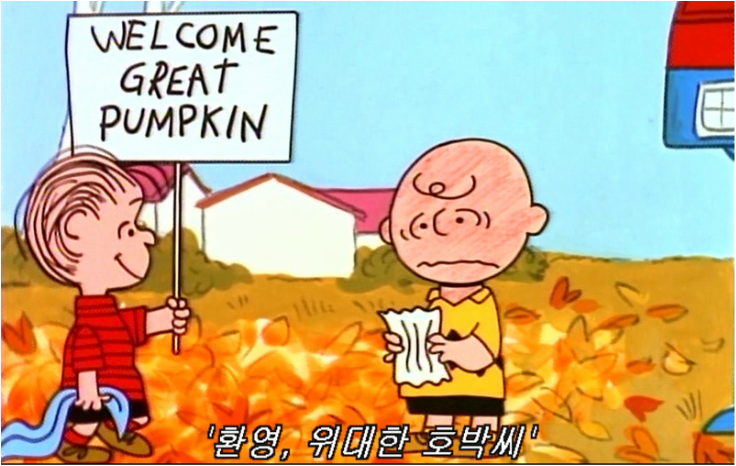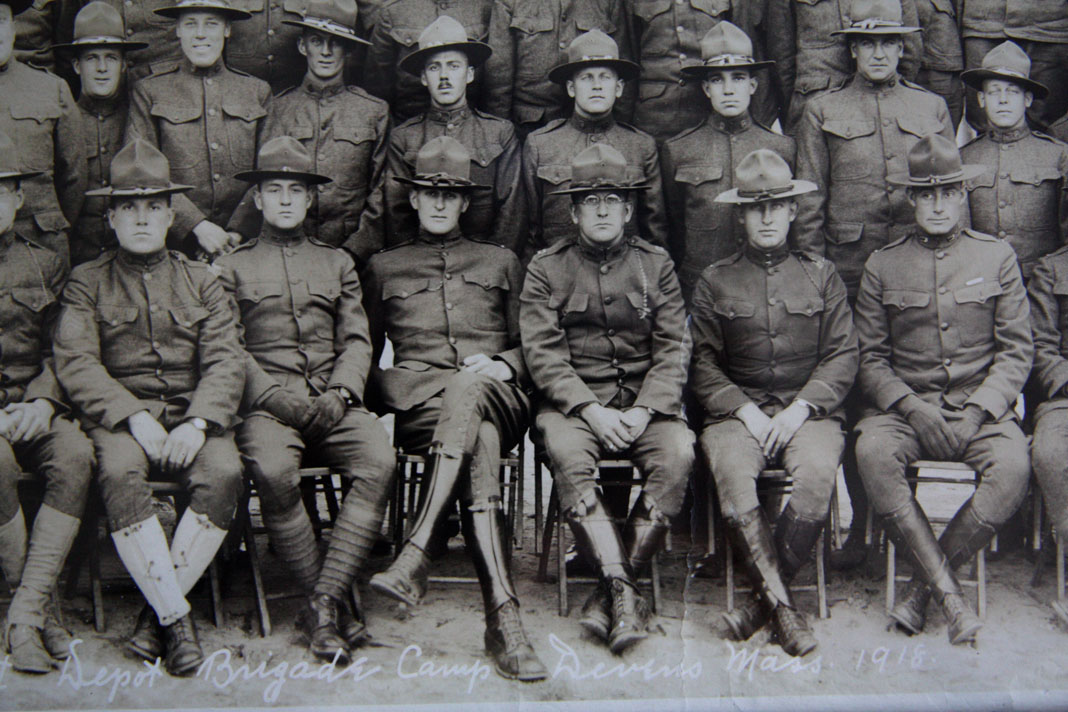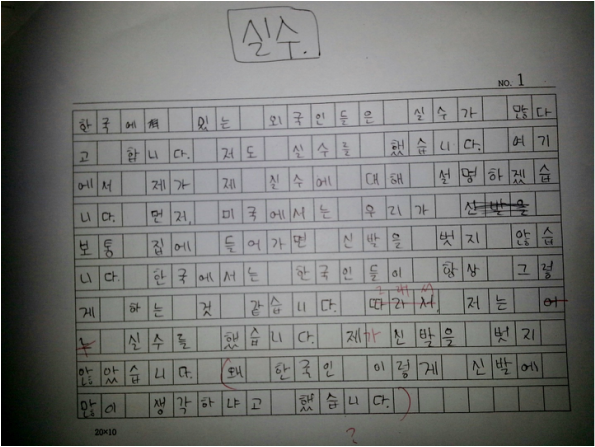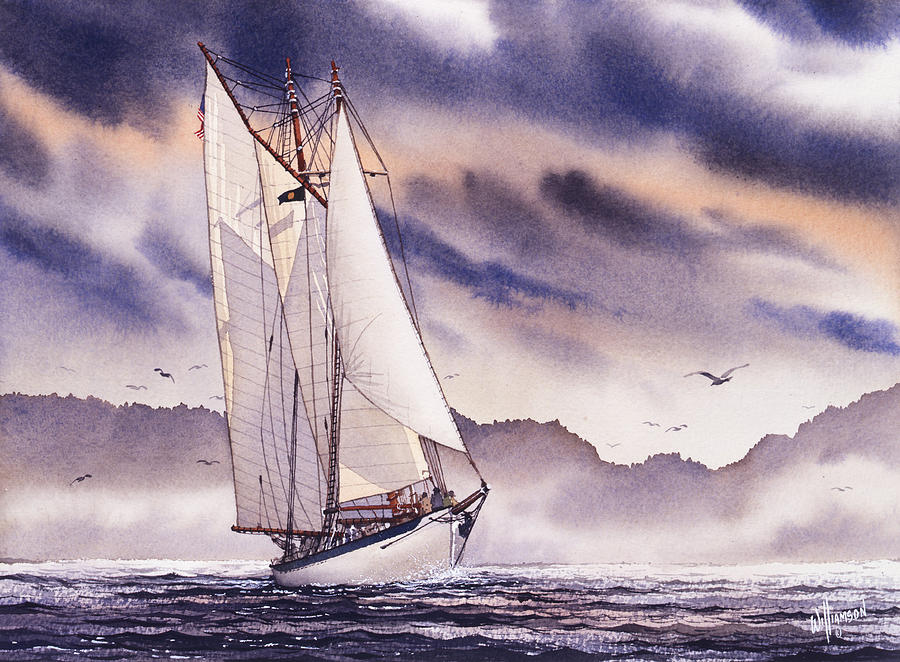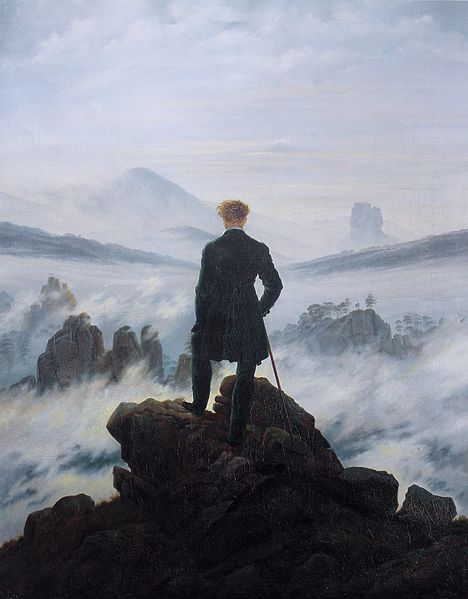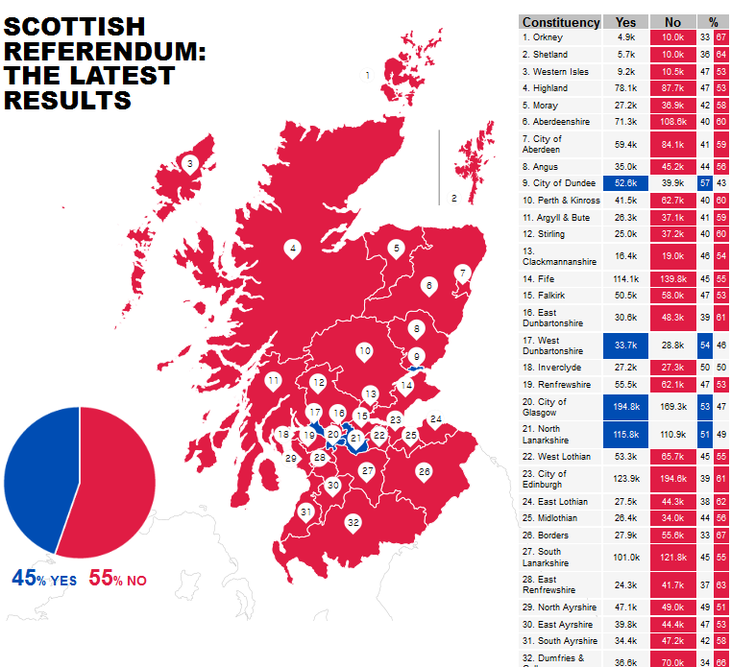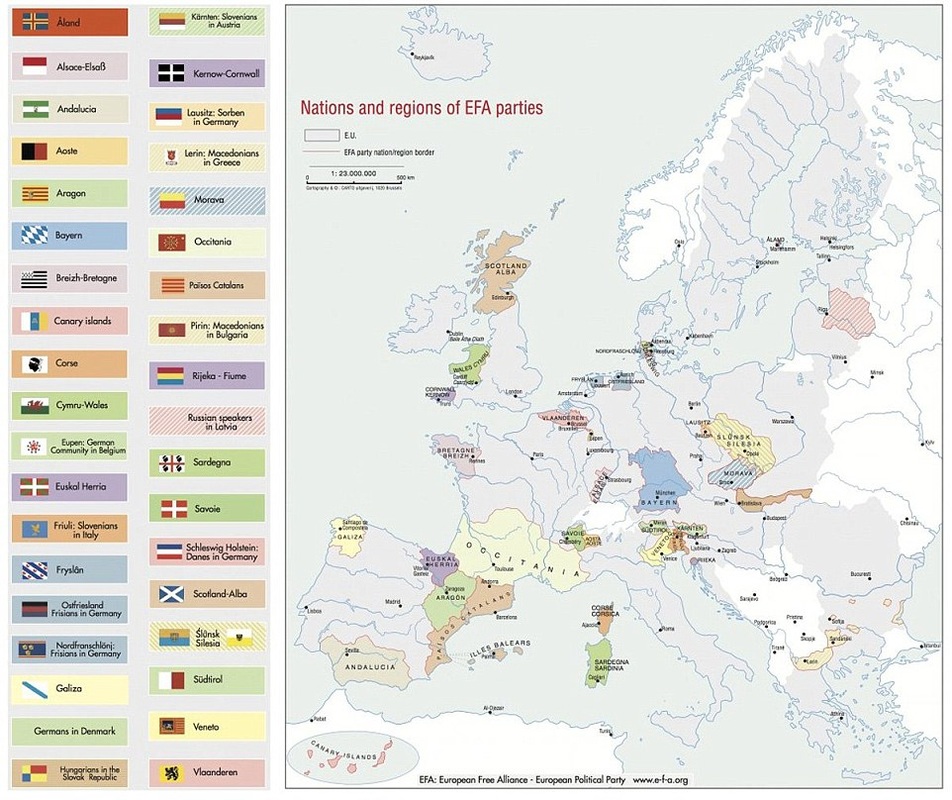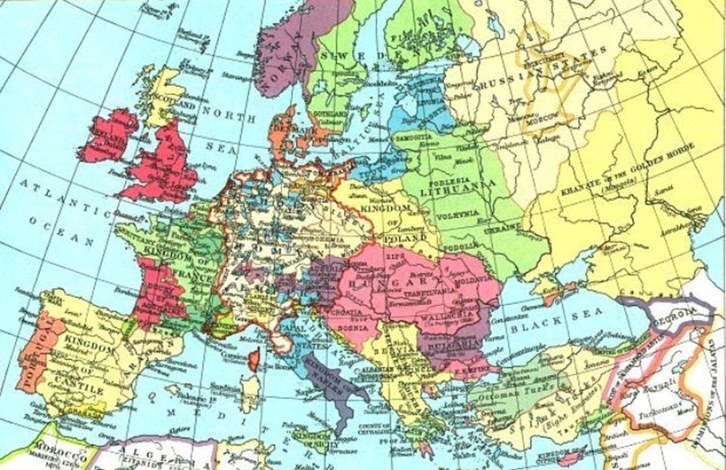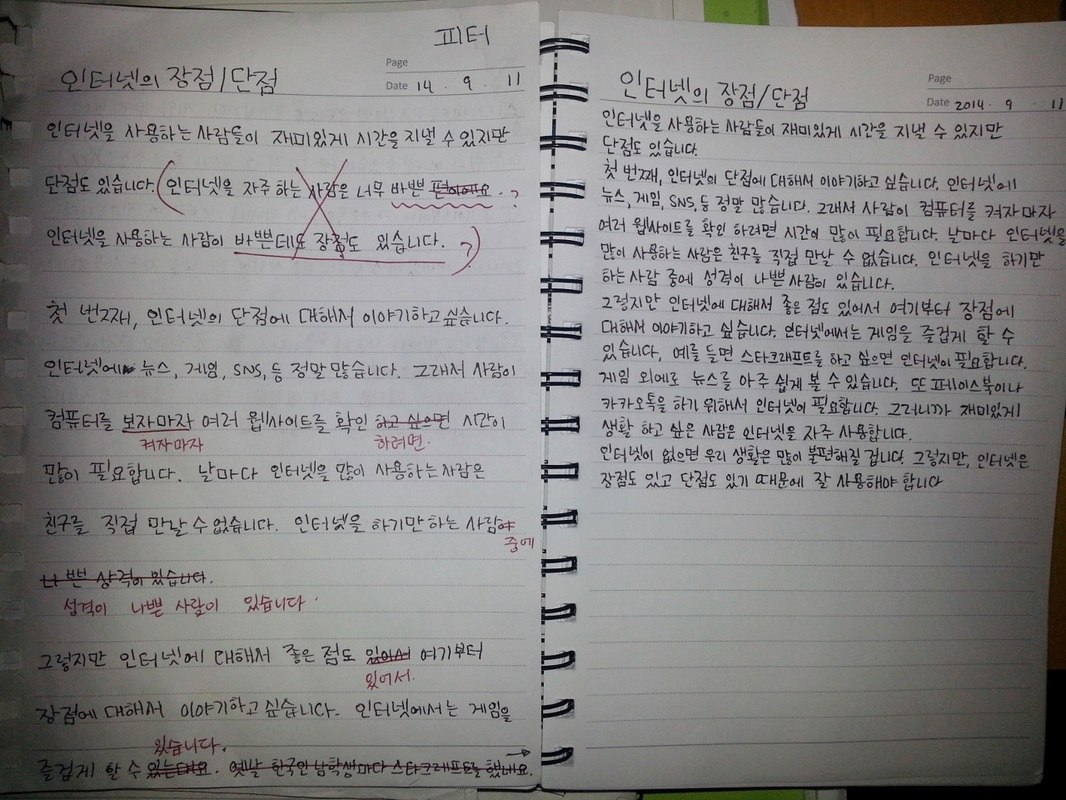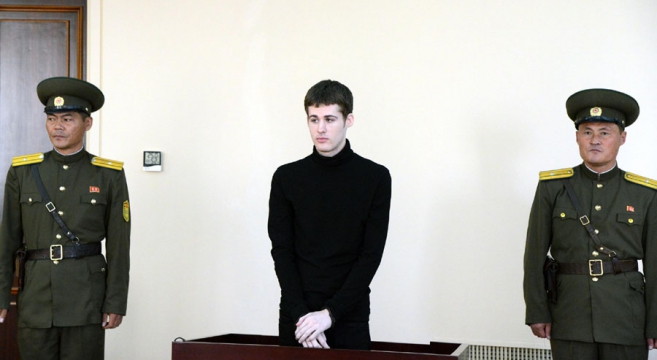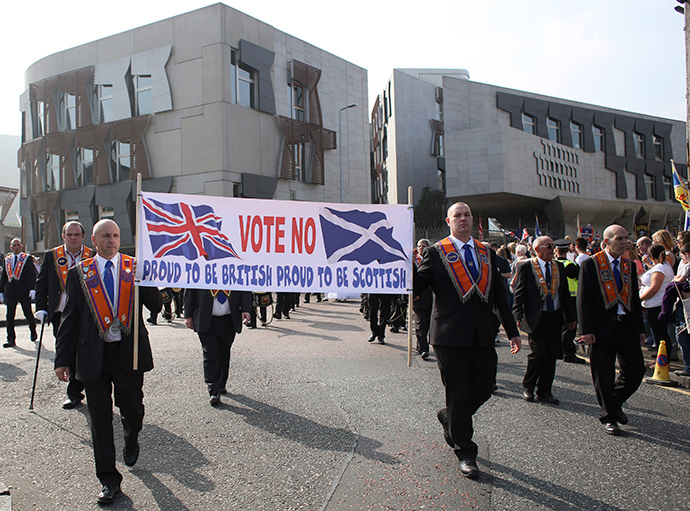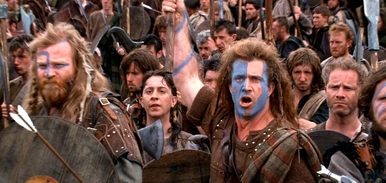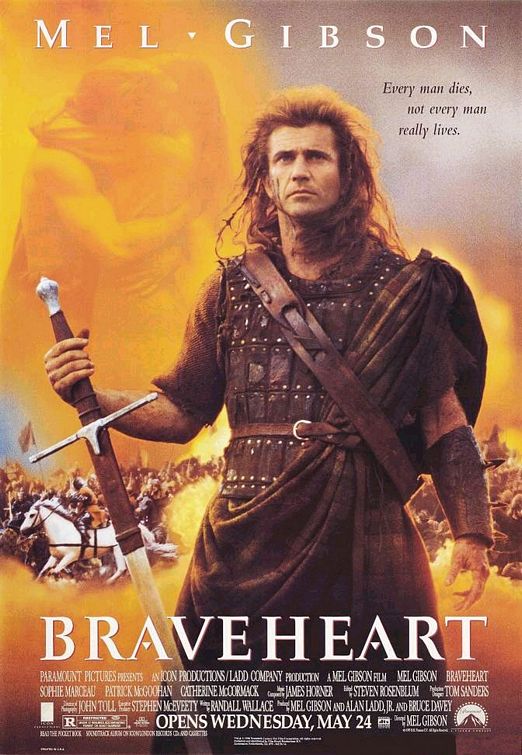An English translation follows.
|
한국어를 잘 할 수 있는 방법
어학당에서 공부하는 학생들은 많이 공부하는데도 교실 밖에서 한국어를 잘 못 하는 편입니다. 우리는 한국어를 잘 할 수 있는 방법에 대해 많이 궁금합니다. 지금부터 이야기와 취미로 한국어를 잘 할 수 있는 방법에 대해서 설명을 하겠습니다. 첫째, 우리는 한국인 친구나 한국어를 공부하는 외국인과 사귀어서 한국말로 많이 이야디를 해야 한다고 합니다. 한국에 있는 어학당 학생들 중에 한국인 친구가 없는 학생이 많은 것 같습니다. 그래서, 교실이나 숙제를 할 때 밖에는 한국말을 별로 쓰지 않은 것 같습니다. 따라서, 한국어가 “과목”이라고 생각하는 편입니다. 그런 생각은 한국말을 잘 하고 싶은 학생에게 위험한 것입니다. 예를 들면, 한국에서 영어교육 도 이런 문제가 있습니다. 학생이 영어문법을 많이 공부하기는 하지만 고등학교를 졸업까지도 영어로 이야기를 해본적이 별로 없다고 합니다. 뭐니 뭐니 해도, 다른 사람과 이야기하는 것이 제일 중요한 언어를 배우기는 이유라고 할 수 있습니다. 그러므로, 수업 밖에서도 연습을 하도록 한국말로 많이 이야기해야 합니다. 다 음으 로, 취미 생활과 관계가 있는 방법으로 한국말을 연습해야 됩니다. 사람들이 취미가 달라서 많은 방법이 있을 수 있습니다. 예로, 미국에서 온 저는 역사에 관심이 많습니다. 그래서, 한국어로 미국역사에 대한 초등학생 책을 사서 날마다 읽습니다. 다른 취미가 있다면 다른 방법을 이용할 수 있습니다. 특히, 한국 드라마에 관심이 많은 여자학생들은 드라마를 보면서 한국어를 연습합니다. 이런 방법을 이용하면 즐겁게 취미 생활을 하고 한국어도 연습할 수 있습니다. 요약하면, 한국어를 잘 하고 싶으면 이야기른 늘녀야 하고 “한국말로 할 수 있는” 취미린 발전시켜야 한다고 생각합니다. |
Students of Korean, even those who study a lot, tend to be unable to speak very well outside of the classroom. We are very curious about ways we can speak Korean well. Here I will explain about how to improve in Korean with conversation and hobbies.
Firstly, we need to befriend Koreans or other students of the Korean language and speak with them in Korean a lot. Among students of Korean in Korea, it seems there are many who have no Korean friends. Therefore, outside of the classroom or time doing assignments, it seems they speak almost no Korean. Accordingly, there is a tendency to think of Korean as “a subject”. This kind of idea is dangerous for people who want to learn Korean. An example of the same kind of problem is in English education in Korea. Students study English grammar a lot, but even by the time they graduate from high school, they have almost never used English to speak to someone. When all is said and done, we can say that speaking to other people is the most important reason why we learn a language. This being the case, we need to be sure to practice outside the class by speaking in Korean a lot.
Additionally, we should use methods connected to our hobbies to practice Korean. Everybody has different hobbies, so many methods are possible. For instance, I am from the USA and I am interested in history, so I bought a Korean-language American history book for elementary school students and I read it every day. If a person has other hobbies, other methods are possible. Particularly, the female students who are highly interested in “Korean dramas” [Korean TV soap operas popular in East Asia in the 2000s and 2010s] can practice Korean while watching them. Using this kind of method, we can enjoy our hobbies and also practice Korean.
In summary, those who want to speak Korean well should increase the amount they speak in Korean and also develop “hobbies that can be done in Korean”.

